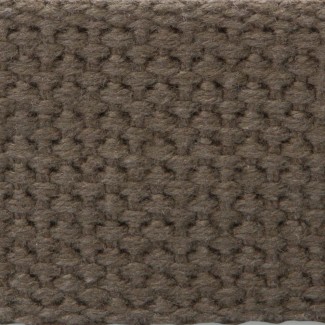- Local: (516) 346-4636
- Toll-Free: (800) 886-6060
- Fax: (516) 346-4366
- Email: kflynn@nationalwebbing.com
 Not all webbing is created equal, meaning that different materials, thickness, and weave type all factor into performance characteristics. Not all webbing functions are the same, so choosing the proper webbing for your application is essential. Using cotton webbing when you should have picked nylon could be a costly mistake. If you choose incorrectly, the webbing could break or get damaged. Common issues of broke webbing include:
Not all webbing is created equal, meaning that different materials, thickness, and weave type all factor into performance characteristics. Not all webbing functions are the same, so choosing the proper webbing for your application is essential. Using cotton webbing when you should have picked nylon could be a costly mistake. If you choose incorrectly, the webbing could break or get damaged. Common issues of broke webbing include:
UV damage – When certain materials are left out in the sun, their colors can fade. Webbing can also become weaker, which can potentially jeopardize the person using the material, such as rock climbers.
Fraying – The edges or sides of webbing begin to splinter and fall apart. Certain materials do not do well with friction and repeated bending.
Corrosion – Water and seawater are corrosive to specific materials, which means you need webbing that can hold up in marine conditions.
Tearing/Breaking – Each webbing material has an allowed stretch, meaning the rope can break after a certain point. Make sure only to use materials suited for your application, including towing and lifting.
Each application, from fashion to military equipment, has an appropriate webbing material. Fashion and pet companies like cotton webbing because it is soft to the touch. Industrial industries prefer nylon, and polyester holds up well near and in water. If you have more questions about which webbing material suits you, you should not hesitate to call our team. We are experts in wholesale webbing manufacturing and sales.